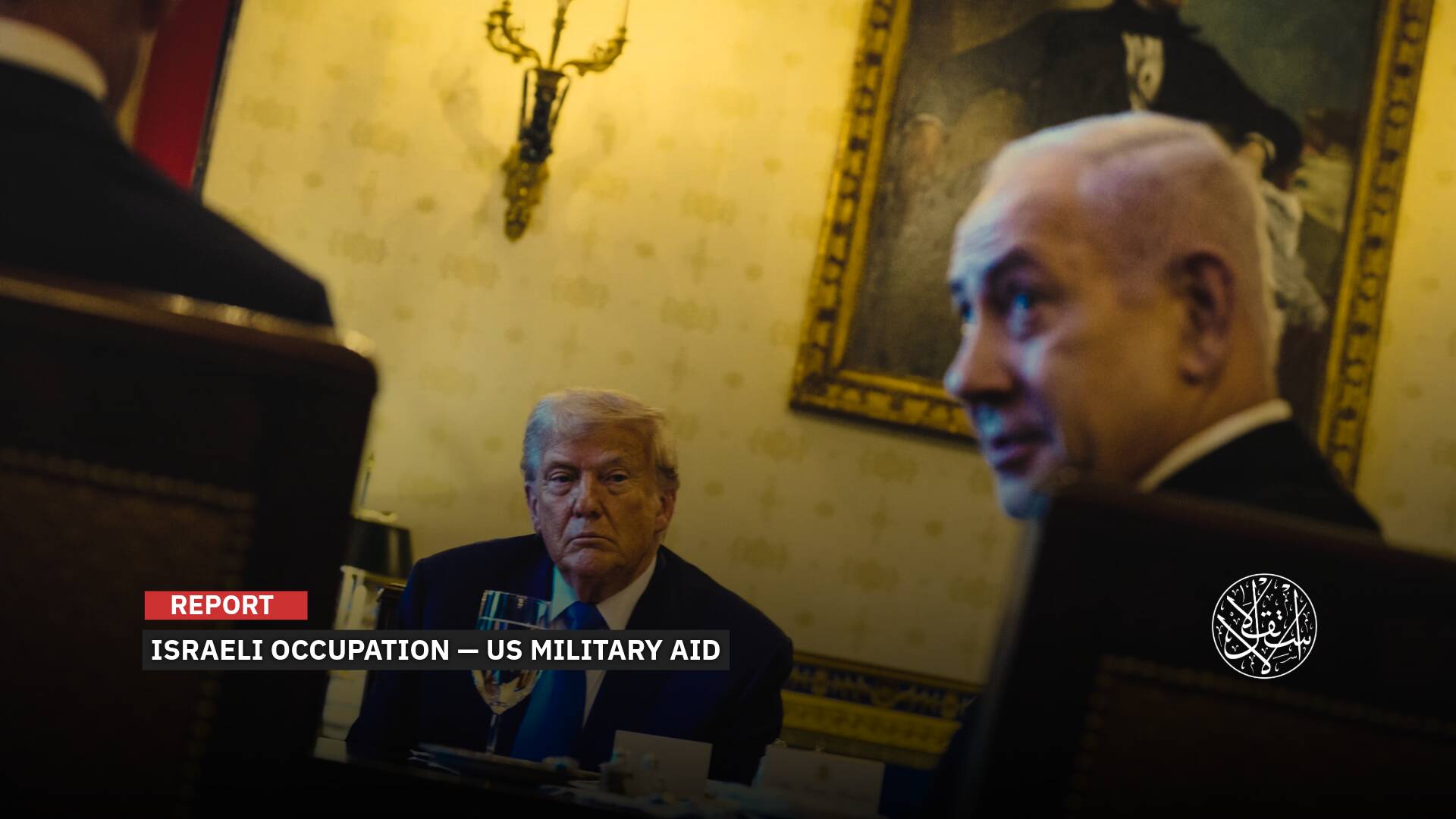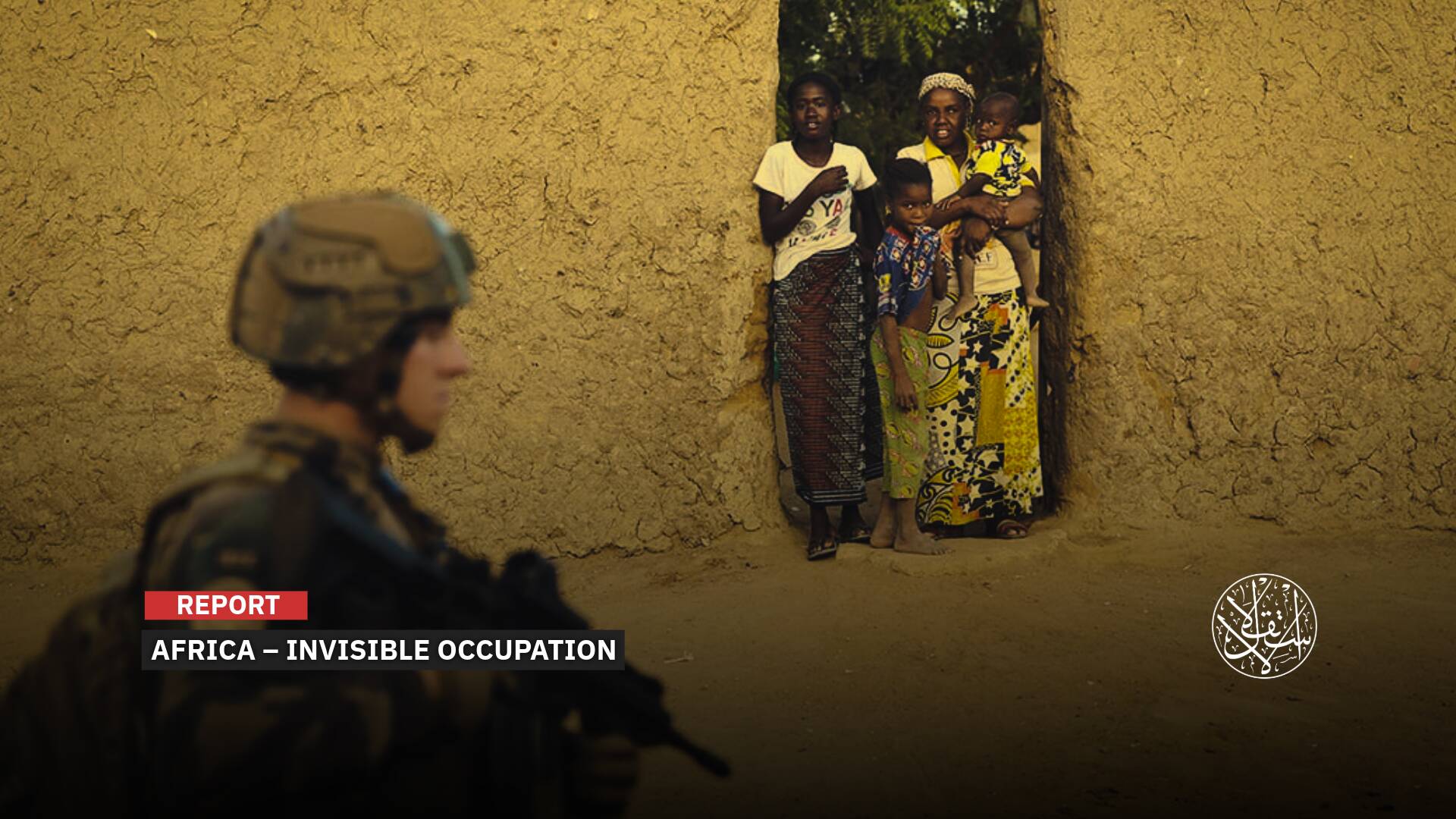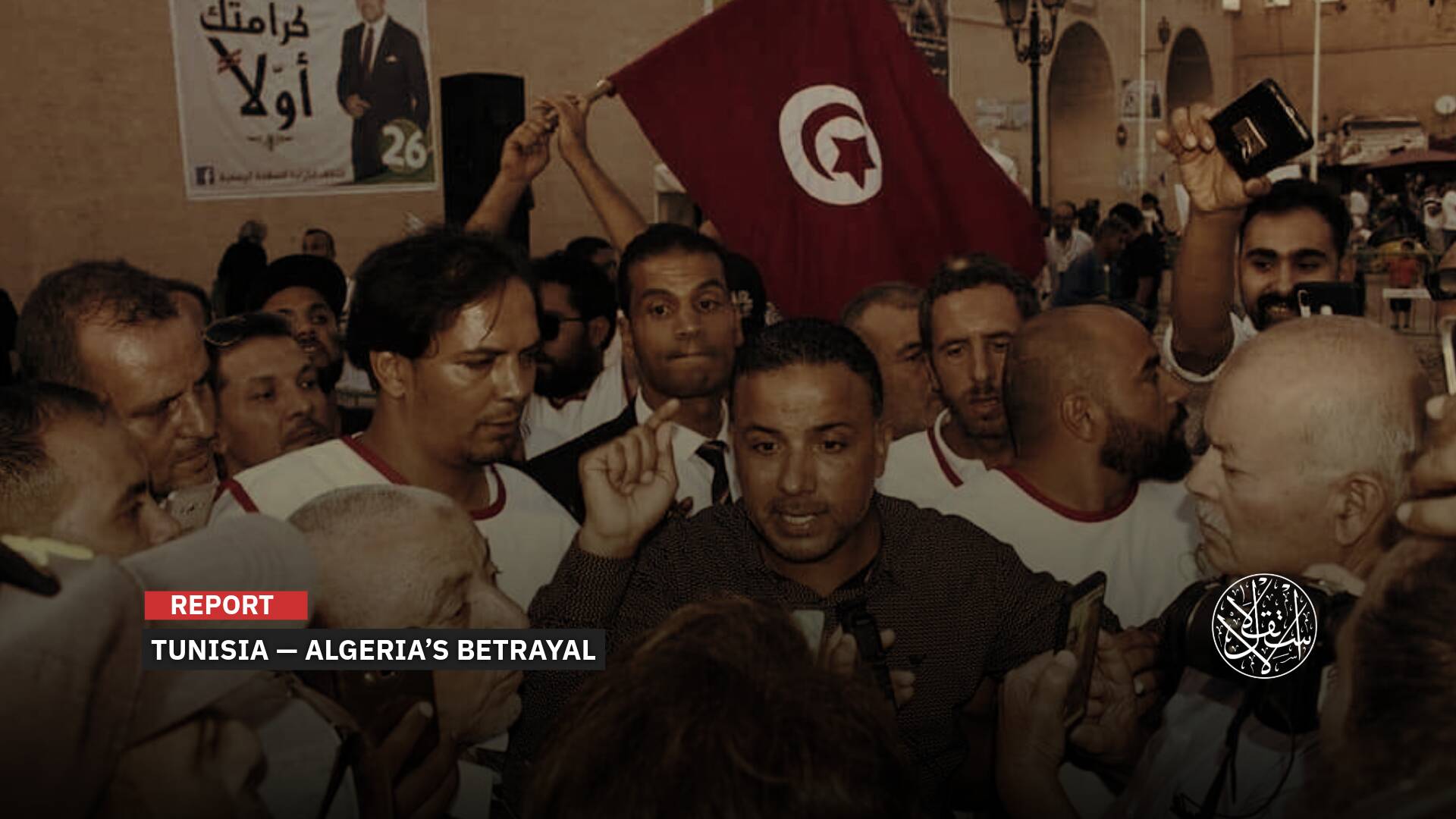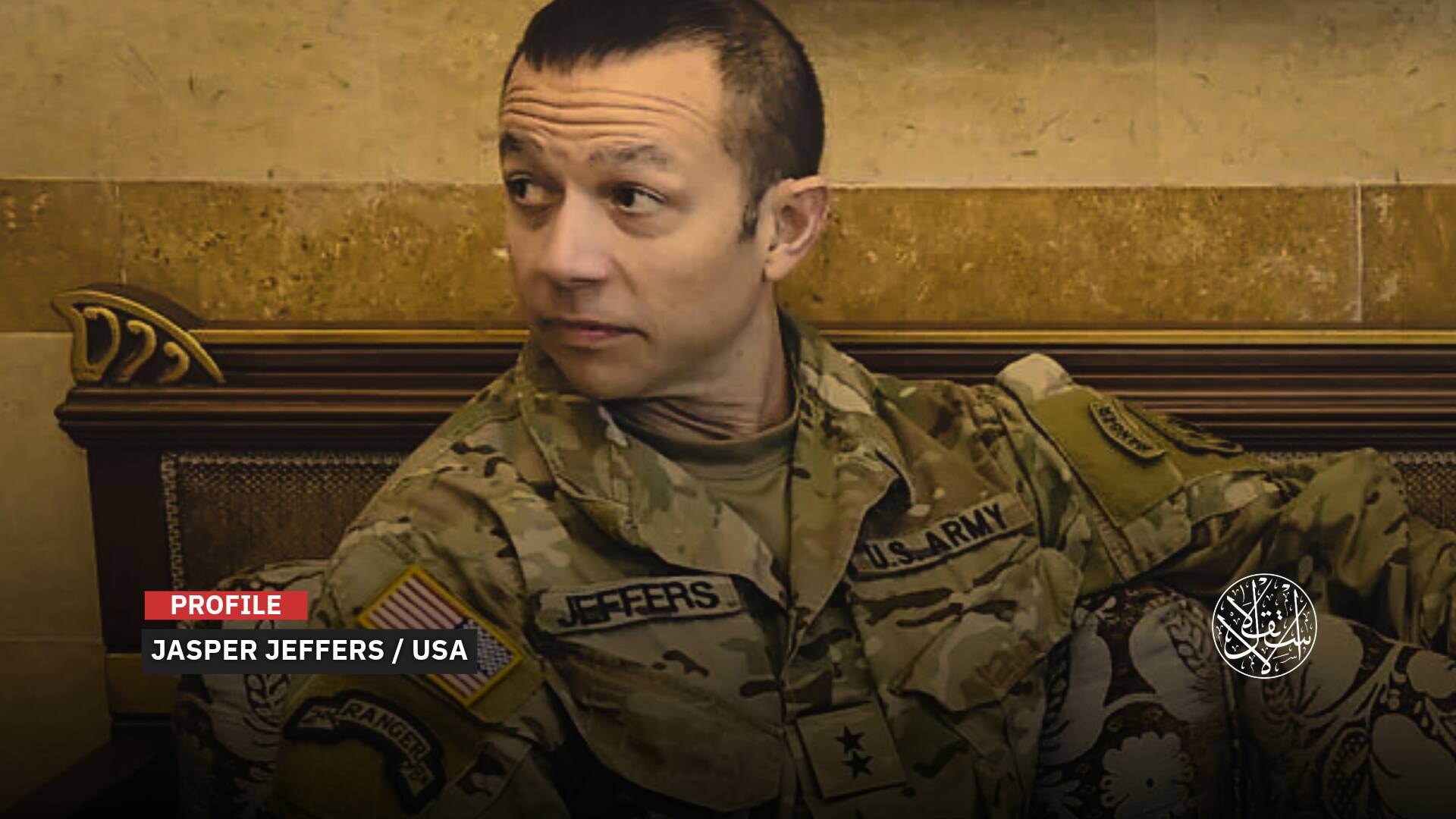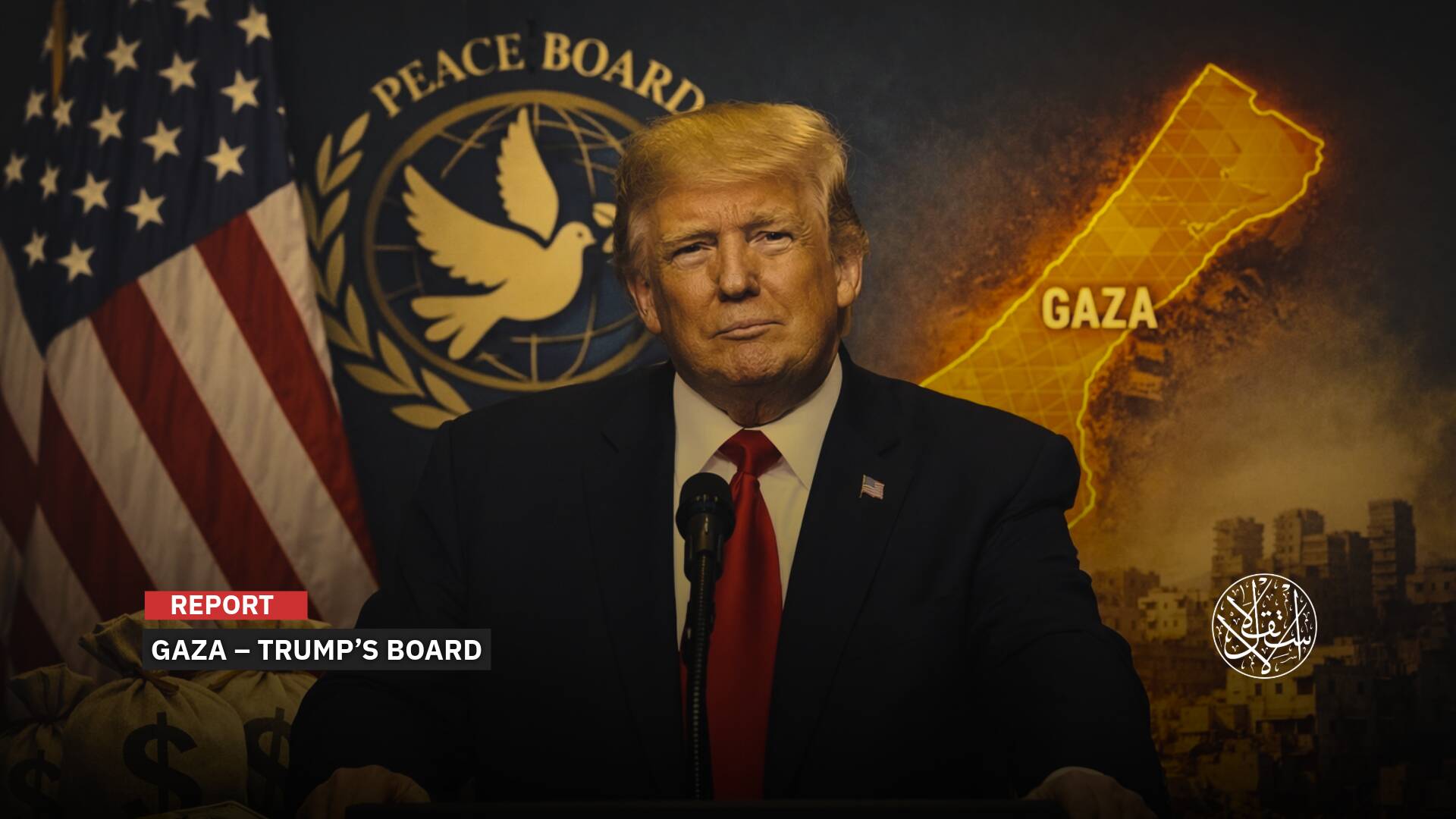Memorial: A Russian Human Rights Defender Awarded the Nobel Peace Prize After Being Taken Down by Putin

Barely hours passed from the announcement of the Nobel Peace Prize award for Memorial when the response came from the Russian regime.
A court in Moscow ordered the confiscation of the organization's offices in the capital, Moscow, in dedication to the logic of tyranny and oppression and to revive the Stalinist era that Memorial strives to recall so as not to be repeated.
The decision of the Russian authorities to close the Memorial organization at the end of last year sparked human rights and international condemnation, which jurists considered a shift in the course of human rights in Russia, and a fatal blow to the organization that formed one of the pillars of civil society and a symbol of democratization in the nineties of the last century.
A Voice Against Dictatorship
On October 7, 2022, the Russian Memorial received the Nobel Peace Prize with rights advocates in Ukraine and Belarus for their work shining a spotlight on the Soviet Union and Russian state oppression, which are efforts that gained additional resonance at a time when Russia's invasion of Ukraine helped spur one of the Kremlin's strongest crackdowns on free speech in decades.
BREAKING NEWS:
— The Nobel Prize (@NobelPrize) October 7, 2022
The Norwegian Nobel Committee has decided to award the 2022 #NobelPeacePrize to human rights advocate Ales Bialiatski from Belarus, the Russian human rights organisation Memorial and the Ukrainian human rights organisation Center for Civil Liberties. #NobelPrize pic.twitter.com/9YBdkJpDLU
Berit Reiss-Andersen, chair of the Nobel Prize Committee, told reporters: "We always give the prize for something, not against someone."
She pointed out that civil society and human rights activists are being repressed in Russia, and this is what we wanted to point out through this award.
Nevertheless, the award is seen by many as an indictment of Russia's President Vladimir Putin and Belarusian President Alexander Lukashenko, making it one of the most politically controversial awards in decades.
On its part, the Memorial organization considered winning the award as an appreciation for its work in the field of human rights and for the work of activists and similar organizations, which are still suffering from unspeakable attacks and reprisals in Russia.
The Nobel Peace Prize is the second in a row for a Russian entity. Last year, one of the Nobel Peace Prize laureates was Dmitry Muratov, editor of the independent Russian newspaper Novaya Gazeta, whose six journalists were murdered.
In turn, The Conversation newspaper reported on October 10, 2022, "this year's Nobel Peace Prize was a powerful rebuke to Vladimir Putin's dictatorship, whose iron fist has grown since his invasion of Ukraine last February."
"In addition to imprisoning public figures for speaking out about Russian atrocities, the Kremlin has sought to stamp out criticism of the Stalin era, including a 2021 law that makes it illegal to compare Nazi Germany to the Soviet Union," it added.
The newspaper saw a clear relationship between the Memorial ban in late 2021 and Putin's invasion of Ukraine only two months after that measure.

In a double victory for the West after awarding the Nobel Peace Prize to a Russian NGO, the United Nations Human Rights Council, for the first time in its history, created the position of an independent special rapporteur on allegations of human rights violations in Russia, accusing Moscow of creating a climate of fear through repression and violence.
The Russian government immediately made it clear that it would not cooperate with this expert, and TASS quoted the Foreign Ministry as saying: "Russia will ignore the special mechanism set up by the UNHRC and refuse to cooperate with it."
This measure comes after Russian laws tightened punishment for individuals for what Moscow considers to be defaming the armed forces or spreading misleading information, in addition to the forced closure of human rights organizations, including Memorial.
This independent expert should be appointed within weeks, but it is not certain that Moscow will allow him to travel to Russia.
In turn, Tatiana Glushkova, lawyer for Memorial International, told Reuters that she was pleased with the decision but added that she expected the special rapporteur to be difficult to reach.
In September 2022, the United Nations strongly condemned the human rights situation in Russia, and the UN Acting High Commissioner, Nada Al-Nashif, criticized the intimidation in Russia against opponents of the war in Ukraine and the various forms of censorship in force in the country.

Stalinist Violence
Memorial was founded in 1989 by Soviet nuclear physicist Andrei Sakharov, who was awarded the Nobel Peace Prize in 1975.
The organization is dedicated to documenting and exposing abuses committed by Stalin and other Soviet leaders against civilians and supporting victims and their families, the New York Times reported on October 7, 2022.
The goal of the Memorial was to dig up Soviet memory and search for victims of Stalinist violence and oppression, especially during the so-called Great Purge, between 1936 and 1938, in which the number of victims exceeded one million, in addition to the millions who died during Stalin's rule, between 1929 and 1953.
In addition, Memorial aimed to spread democratic values and the rule of law in order to avoid the return of totalitarianism.
With Putin in power in 2000, these tasks have become increasingly difficult, as the Kremlin advocates a historical interpretation that glorifies Russian power and downplays Soviet crimes.
The organization is divided into two parts: Memorial International, which records crimes and tragedies that occurred in the Soviet Union and has branches in several countries, and the Memorial Center for Human Rights, which records human rights violations in Russia and its neighborhood, especially in conflict areas.
Memorial activists are based in the Nagorno-Karabakh region, the breakaway region of Transnistria in Moldova, and the Chechen Republic.
During the two Chechen wars in the 1990s and 2000s, the Memorial staff was on the ground documenting the horrific human rights abuses of Russian soldiers and their local aides, and they also organized exchanges of fighters' bodies between the Russian army and Chechen fighters during the war.
At that time, Natalya Estemirova, head of the Memorial office in Grozny, together with journalist Anna Politkovskaya and lawyer Stanislav Markelov exposed the liquidation and torture camps of Putin's dirty war.
Each of them paid a heavy price for this activity, as Politkovskaya was killed in 2006, and Markelov and Estemirova were also killed in 2009.
On the other hand, Chechen leader Ramzan Kadyrov, who is accused of these assassinations, described the Memorial members as enemies of the people.
In 2018, a new case prompted the NGO to withdraw from Chechnya, the conviction of its local official, Oyub Titiev, in a drug case, but it was later described as fabricated.
In a file that Memorial said was entirely fabricated, in late 2021, one of its historians, Yurii Dmitriev, who found graves containing the remains of political prisoners executed by Stalin's secret police, was sentenced to 15 years in prison on the pretext of sexually assaulting his adopted daughter.

Political Repression
The Kremlin's hostility to Memorial became apparent during the crackdown that followed the 2011-2012 pro-democracy protests.
In 2015, the Russian government gave Memorial the status of a foreign agent. A Soviet-era stigma revived in 2012 given to anyone who the Russian authorities see as receiving financial or moral support from abroad.
Subsequently, 32 years after the launch of Memorial, the Supreme Court, on December 29, 2021, ordered the closure of the organization in Russia for violating the Foreign Client law while its branches outside Russia remained active.
The Russian authorities consider that "the organization worked to distort the memory of the Soviet Union and give a false image of it, and restore respect for the Nazis."
In a speech earlier in December 2021, Russian President accused the Memorial organization of supporting groups listed on the lists of extremism and terrorism and said that its violations were flagrant.
Nevertheless, Putin considered Memorial to be one of the most recognizable NGOs in Russia.
At that time, several reports from human rights organizations, most notably Amnesty International, considered that Memorial is highly respected and works to document atrocities and political repression, especially during the rule of the Soviet Union, considering that Moscow is trampling with this decision on the memory of millions of victims.
Historian Irina Shcherbakowa, one of the founders of Memorial in 1989, considered that "the dissolution of the NGO, which is one of the pillars of the defense of human rights in Russia, testifies to the sudden acceleration of the dictatorial trend of the regime of President Vladimir Putin."
In an interview with AFP in late 2021, she considered that "the Putin regime, by closing the Memorial, was directing a show of force to the West to prove that it was doing what it wanted with its civil society, whatever the protests."
Shcherbakowa added, "This is the horrific legacy of the Stalinist dictatorship and the hard labor camps: the fragmentation of society, the promotion of individualism, and the disregard for moral norms."

In turn, the expert on Russian affairs, Dr. Mahmoud Al-Hamza, explained in a statement to Al-Estiklal that: “Russia no longer has any civil society, as the Putin era has seen the closure of associations and the suppression of voices defending individual rights in Russia, especially after the war on Ukraine.”
“Putin succeeded in fragmenting Russian society and promoting individualism, and he has returned the country to the era of the Soviet Union and the era of the tsar. This made the Russian society indifferent to what is happening on the level of human rights inside the country, especially since the official media has become all in the hands of the ruling authority, and it only reflects the point of view of one individual, which led to the brainwashing of the ordinary Russian citizen,” he added.
Dr. Al-Hamza also noted that “honoring human rights defenders is a message from the West to Putin's regime, which represses citizens, stating that the nucleus of civil society has international support and is respected and appreciated.”
In another context, the political expert pointed out that “democracy and liberalism emphasize the necessity of the presence of civil society organizations. Western countries that encourage civil society organizations and advocate democracy, or rather have built democratic regimes in their countries, unfortunately do not support true democracy in other countries.”
“For example, a revolution erupted in Syria for democracy, freedom and justice, but it did not gain real international support. Rather, the international community has failed to support the Syrian people in the face of the brutality of the Assad regime and the interference of the Iranian and Russian regimes,” Dr. Al-Hamza said.
Over the past years, Russia has faced international accusations of undermining efforts to protect human rights on its territory and committing violations against activists opposed to the regime and civil society organizations
It is noteworthy that Russian civil society had faced many ordeals in the recent period, with the poisoning and arrest of the most prominent opponent of the Kremlin, Alexei Navalny, and the banning of his movement, the classification of many media outlets in the category of foreign agents, and the prevention of opponents from running for legislative elections in the fall.
Since then, the Kremlin has reinforced the crackdown on voices condemning its military campaign with heavy fines and harsh prison sentences.
Sources
- Nobel Peace Prize Is Awarded to Russian, Ukrainian and Belarusian Activists
- Memorial: the conscience of Russia banned under Putin
- ‘A rebuke to Putin’s dictatorship’: Russian human rights group Memorial wins joint Nobel peace prize
- UN body votes to establish Russia human rights investigator, Moscow protests
- Russia shuts Memorial Human Rights Centre in 'one-two punch'



